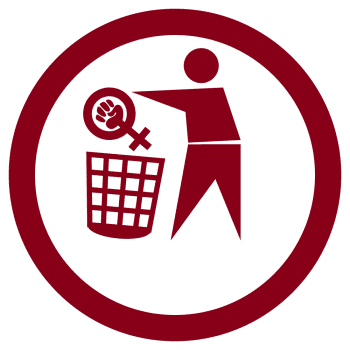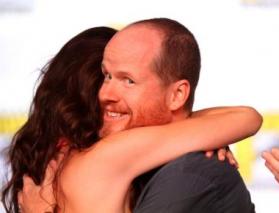Every once in a while, I run across an article or blog post by a woman (or, occasionally, a man) defiantly claiming the title of ‘feminist,’ generally to plaudits of praise and cheers in the comments. They decry the anti-feminist sentiment they encounter, and point to the inequalities and obstacles women still face on a daily basis. They object to unflattering stereotypes of feminists as unshaven man-haters, and assume that the hostility the label sometimes evokes must be entirely due to slander and misogynistic insecurity over female empowerment.
And, typically, I read their post with enjoyment, appreciation…and a certain amount of sadness. Sadness, because we do need to redeem the disfunctional ways men and women interact. We still need reformers and trailblazers to challenge the us to see each other as people first and foremost. Sadness, because the good people I know on all sides of the political and ideological spectra continue to interact, not with each other, but with straw men and labels.
And the sadness that comes from exclusion.
I consider myself a feminist. But establishment feminism tells me that I have no place at the table, because I believe that abortion is a grave injustice against women and children. Not only does this disqualify me from feminism, but in some circles it disqualifies me from any right to speak publicly as a woman or about women’s issues.
For years, this meant that discussions of feminism left a bad taste in my mouth, since what has been communicated to me is that feminism is solely concerned with promoting and safeguarding access to abortion and contraceptives, and that all other issues are secondary to the single (rather horrific) message that women can only gain equality through violence against those weaker than ourselves.
I’m sad not to have a place at the table, because it matters to me, extraordinarily much, what kind of world my sons and daughters are growing up in. Sometimes it seems to me that the feminist label and movement has become more an obstacle to the goal of securing equal dignity and opportunities for men and women. But there’s a value to setting labels on end, I think, so I’ve decided that I can be a feminist at heart and in my values regardless of whether I pass someone else’s litmus test.














